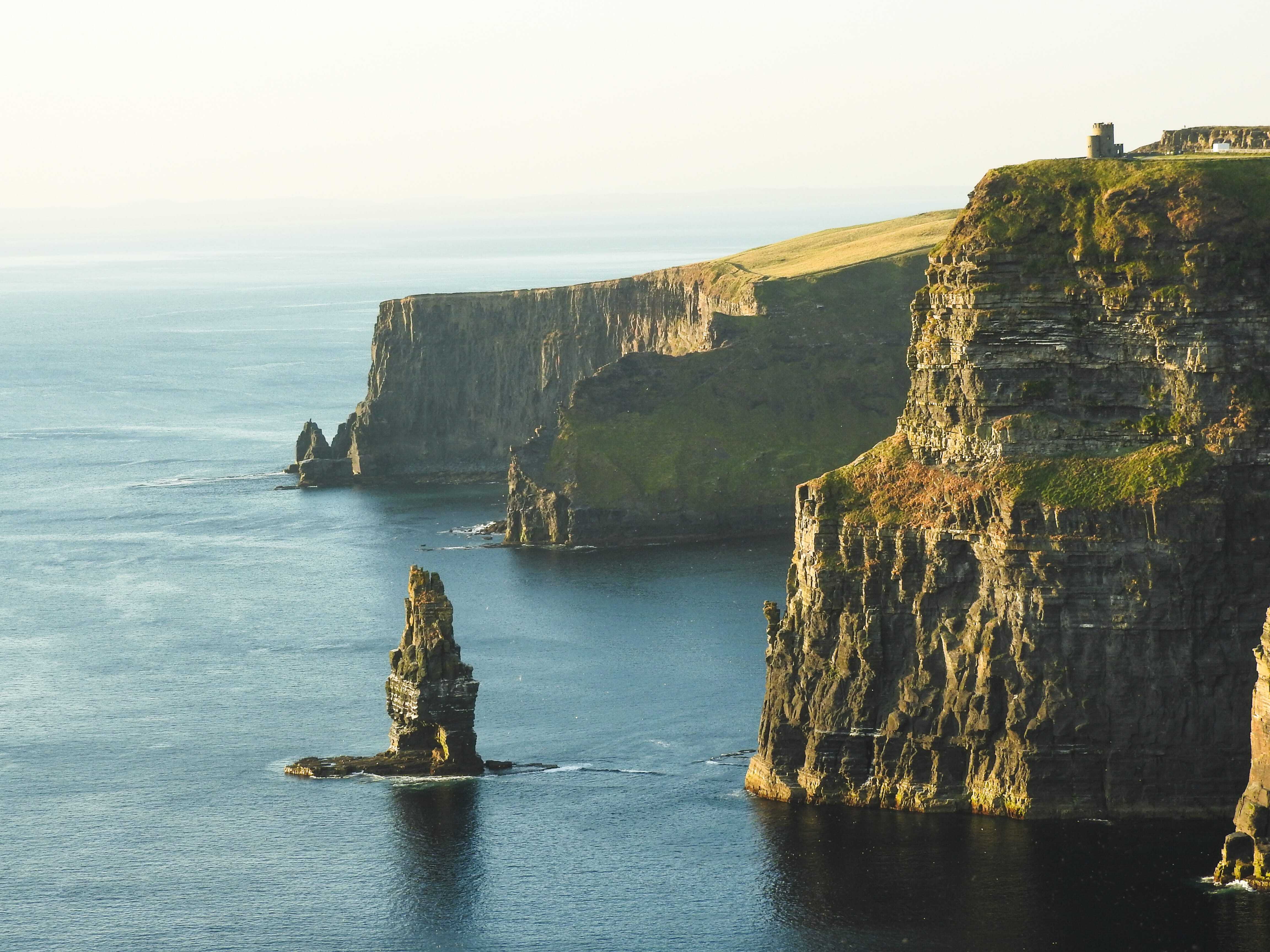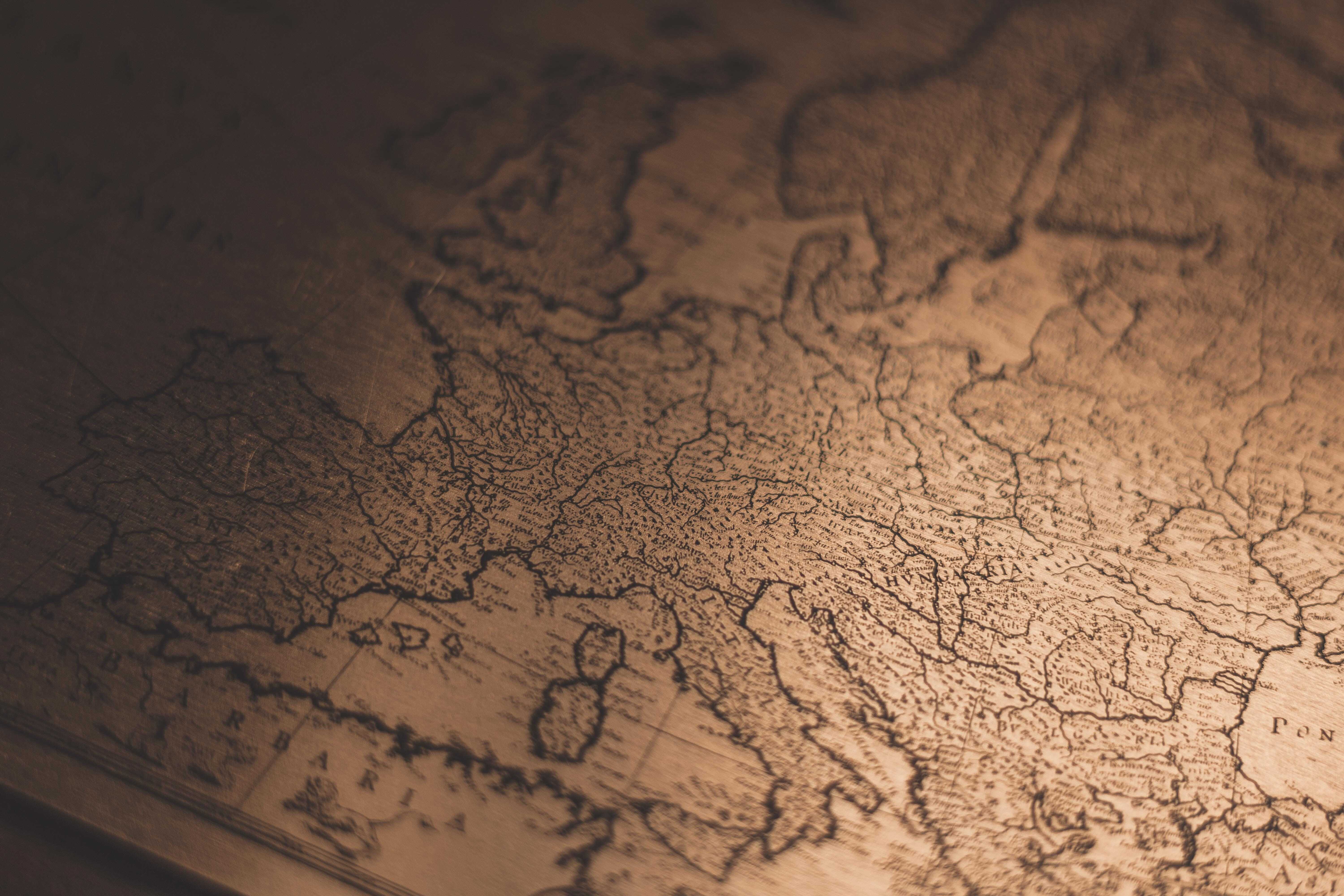World-famous for potatoes, soda bread, and some of the world’s best musicians, Ireland is a nation that inspires a lot of patriotism and pride. Despite being geographically west of Great Britain, Ireland’s people have kept firm roots in the Celtic culture and character that came with the settlers who arrived there around 2,400 years ago. Even the iron age settlers (known as Fir Bolg) who were there before the Celts, found a way for the two cultures to merge and grow. Ireland is also the last true community of Celtic language speakers, with Gaelic boasting over a million speakers in total.

In short, can you find out if you have Irish ancestry?
Yes, of course! In fact, this is a very common line of ancestry for British people, Australians, and especially Americans (particularly on the east coast).
Interestingly, when the Celts moved on from France, they didn’t all go to Ireland together, some went to Iberia (modern-day Spain and Portugal), some went as far east as Turkey, and others went to Great Britain. This means that Irish ancestry is more recent than Celtic history, which is important to mention.
Is it simple to find out if you have Irish ancestry?
Finding out if you have Irish ancestry is as simple as taking a genetic DNA kit with Living DNA. We have the market’s most informative results when it comes to sub-regional ancestry, meaning we can do a great job of plotting where your ancestors lived.
The DNA kit will look at various genetic markers to help uncover some interesting information about your:
Recent ancestry - exploring as much as 500 years of ancestry
Sub-regional ancestry - providing further details on what regions your ancestors lived in. Please note that Living DNA offers the most detailed sub-regional ancestry details in the industry
Extended ancestry - taking a look back tens of thousands of years on your ancestors’ global journeys to see how they ended up where they did
DNA matches - seeing if any other DNA testing customers come up as a biological match with you!

What might you find along with your Irish ancestry?
If your Irish ancestry comes up as a match, you might also find that you have Viking ancestry too, as the Irish Celts and the Vikings frequently intermixed and intermarried (once they’d finished fighting and pillaging) in Ireland after the latter arrived in the early 800s AD. The surnames Doyle, Higgins, Hendrick, Kitt, and McManus are a few examples of Irish surnames that came from Vikings.
In 1169, during a particularly difficult political and warring period, the Normans arrived from France, and despite keeping separate from the Irish for a while, they soon got mixed in with the Gaelic and Celtic culture. Many recognisable Irish-Norman surnames continue to this day, such as Martin, Condon, French, Butler, Barry, Power, Roche, Burke, Fitzgerald (Fitz means ‘son ‘of), and Cogan. If you have any of these surnames, don’t be surprised to find that you have some French ancestry too.
In 1542, Henry VIII began sending British protestants over to Ireland to displace the Gaelic lordships and encourage more agricultural work. Over the next 170 or so years, more than 250,000 English and Scottish people would move over, representing around 20% of the population. Surnames like MacCarthy, Carroll, Smith, Cooper, Wright, Hall, and Wood became very common in Ireland with the influx of British.
Many people with Irish ancestry are likely to find Norse, French, English, and Scottish ancestry in their DNA makeup too.

What genetic markers is the test looking for?
There are many haplogroups that have been associated with the Celts over time, but there are two in particular that are commonly carried by Irish people, which are R1b-L21, of which 90% of British and Irish men carried by the end of the Bronze age, and the less-common R1b-DF27. R1b-L21 is the most conclusive paternal lineage for Gaelic ancestry.
Where did the Irish come from originally?
The island of Ireland has been continuously inhabited for around 12,500 years, but in recent times its people (and you may well be one of them) have contributed to an incredible diaspora. Ireland has a population of just 4.5 million but there are an estimated 70-80 million people with Irish ancestry out there today - this suggests that there are good odds that your ancestors may have come from Ireland.
Which regions around the world have significant Irish populations?
Here are some interesting numbers:
Country | Irish Population |
Republic of Ireland | 4,581,269 (2011) |
Northern Ireland | 1,810,863 (2011) |
United States | 40,000,000+ |
United Kingdom | 14,000,000 |
Australia | 7,000,000 |
Canada | 4,544,870 |
Argentina | 1,000,000 |
Mexico | 600,000 |
New Zealand | 600,000 |
France | 15,000 |
What does it mean for your passport if you have Irish heritage?
For many people, claiming Irish heritage or ancestry is important for the reason that it may help their passport claim. If your parents or grandparents are Irish and can prove it by birth certificate, then you can apply for an Irish passport. Please remember though, our genetic DNA kits are not grounds for citizenship.
How to prove Irish Heritage
You may have a strong feeling that you have Irish heritage because of your name, appearance, or family stories, so now you can delve into the unknowns of your ancestral past by purchasing a full Irish ancestry DNA kit from Living DNA. Once it arrives, you can do a quick mouth swab and send the kit back to help establish whether you have Irish heritage or not.
